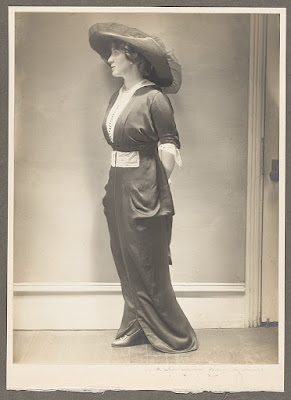 |
| Morton Schamberg Fanette Reider ca. 1911 oil on canvas Williams College Museum of Art, Williamstown, Massachusetts |
 |
| Morton Schamberg Estella 1912 gelatin silver print Metropolitan Museum of Art, New York |
 |
| Morton Schamberg Self Portrait 1912 platinum print Whitney Museum of American Art, New York |
 |
| Morton Schamberg Self Portrait ca. 1912 gelatin silver print Metropolitan Museum of Art, New York |
 |
| Morton Schamberg Figure 1913 oil on canvas Amon Carter Museum, Fort Worth, Texas |
-Amon-Carter-Museum-Fort-Worth-Texas.jpg) |
| Morton Schamberg Composition 1916 pastel on paper Amon Carter Museum, Fort Worth, Texas |
 |
| Morton Schamberg Composition 1916 pastel on paper Dallas Museum of Art |
 |
| Morton Schamberg Painting 1916 oil on canvas Yale University Art Gallery |
-1916-oil-on-panel-Philadelphia-Museum-of-Art.jpg) |
| Morton Schamberg Painting IV (Mechanical Abstraction) 1916 oil on panel Philadelphia Museum of Art |
-1916-oil-on-canvas-Philadelphia-Museum-of-Art.jpg) |
| Morton Schamberg Painting VIII (Mechanical Abstraction) 1916 oil on canvas Philadelphia Museum of Art |
 |
| Morton Schamberg Telephone 1916 oil on canvas Columbus Museum of Art, Ohio |
-1916-oil-on-board-Whitney-Museum-of-American-Art-New-York.jpeg) |
| Morton Schamberg Untitled (Mechanical Abstraction) 1916 oil on panel Whitney Museum of American Art, New York |
-1917-gelatin-silver-print-Metropolitan-Museum-of-Art-New-York.jpg) |
| Morton Schamberg in collaboration with Baroness Elsa von Freytag-Loringhoven 'God' 1917 gelatin silver print (Dada sculpture of found materials) Metropolitan Museum of Art, New York |
-Metropolitan-Museum-of-Art-New-York.jpg) |
| Morton Schamberg View of Rooftops 1917 gelatin silver print (unique print, formerly owned by Charles Sheeler) Metropolitan Museum of Art, New York |
 |
| Morton Schamberg Fruit Bowl 1917 drawing Rhode Island School of Design, Providence |
 |
| Morton Schamberg Bowl of Flowers 1918 watercolor on paper (Schamberg died in the flu epidemic of 1918) Smithsonian American Art Museum, Washington DC |
The Fifth Ode
What lissom boy among the roses,
Sprinkled with liquid scents, proposes
To court you in your grotto, fair
Pyrrha? For whom is your blond hair
Bound with plain art? Alas, how often
Will he bid changed gods to soften,
Till, poor landlubber, he finds
The sea so rough with inky winds:
Who now, poor gull, enjoys your gold
And always careless, always bold
To love, hopes on and never knows
The gold is tinsel. Sad are those
For whom you shine, untried. For me,
Beholden to the great god of the sea
A votive tablet will recall
Drenched garments on his temple wall.
– Horace (65-8 BC), translated by Keith Douglas (1940)